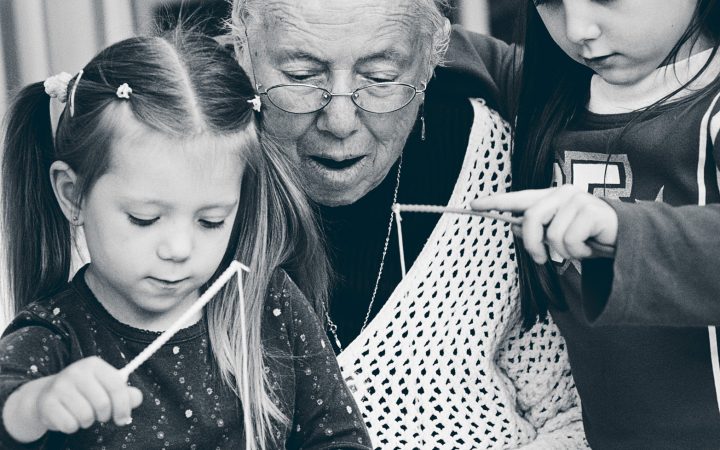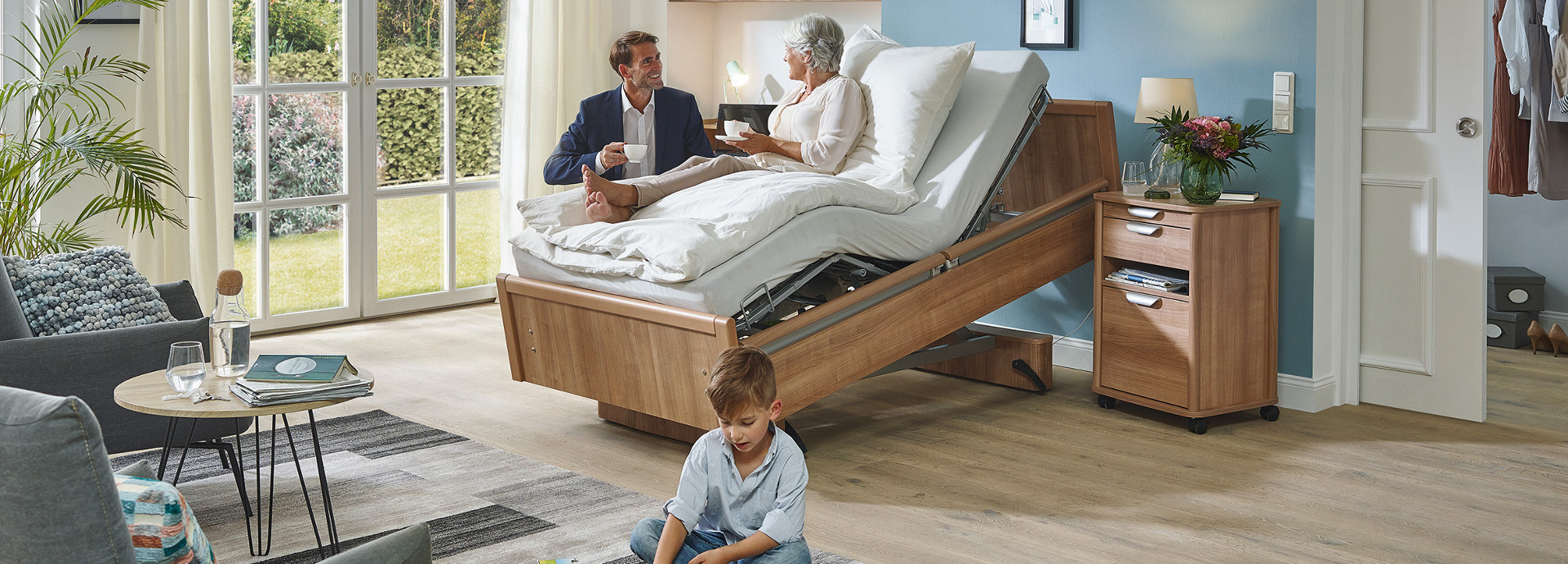In recent years and decades, many forms of housing for seniors have developed that attach importance to the most self-determined way of life, social contacts and, if necessary, integration into a community. In the first part of the two blog posts on this topic, we dealt with the topics „living at home“ and „assisted living“. In the concluding part we would like to discuss two further alternatives:
Intergenerational housing projects

For seniors, who would like to live in a community, but not only with people of their own age, offer intergenerational housing projects. The managers of such households are keen to ensure that the tenants of both young people and families with children, as well as older couples and lone residents, are colorful, promoting intergenerational exchange and social interaction between different people and lifestyles. Great importance is attached to a lively neighborhood. Usually there are common areas in the house or a shared garden, where, for example, barbecue and cooking evenings or a round of cards can take place. Some projects even have a gym and a small library. The neighbors often support each other in coping with everyday life. Thus, e.g. Senior citizens from time to time in the care of the neighboring children and in return, the parents take care of small errands or the carrying of heavy shopping bags. A multigenerational house thus offers the advantage of a self-determined life in one’s own home while at the same time being socially integrated in the community life in the home.
Living for help
Many university cities in Germany now offer the innovative concept of „housing for help“ for liniving in old age, in which seniors provide almost free housing for students and in return receive support in their everyday lives. For example, students take over Shopping, mowing, cleaning or walking the dog. However, nursing activities are explicitly excluded. As a rule, one hour of help per month is expected per square meter of living space. For this the students pay – with the exception of the additional costs – no rent. Both sides benefit from the agreement: In many university cities there is a shortage of housing and students find it difficult to find any affordable accommodation at all. They are grateful for the affordable living space and bring back more life in the become too large apartments of the elderly. The provided everyday help relieves the elderly and their relatives and can prevent loneliness in old age. The unusual living community can be very enriching for both sides and ideally create a good friendship.


